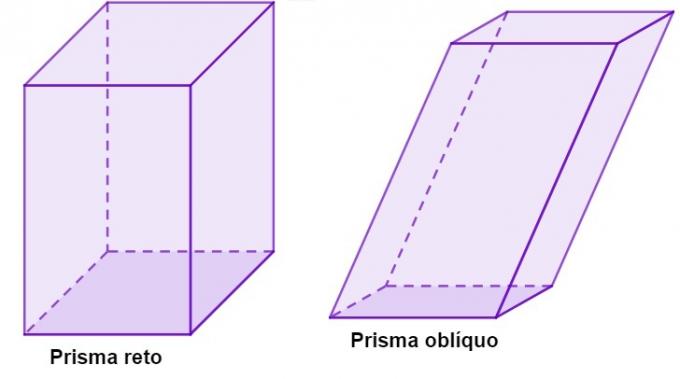Antônio Castilho de Alcântara Machado d'Oliveira was born on May 25, 1901, in São Paulo (SP). In this city, he graduated from the Faculty of Law, during which he published his first literary criticism for “Jornal do Comércio”. After that, he started to collaborate with this newspaper until becoming editor-in-chief.
He graduated, but did not get to exercise the profession because he was linked to a journalistic career.
The modernist movements in literature began to emerge with the “Modern Art Week”, in which the writer did not participate. However, after becoming friends with Oswald de Andrade, he joined the movement that made him one of the most significant names in the prose of the Generation of 22.
His first book, “Pathé Baby” (with a preface by Oswald de Andrade), is the result of what he wrote for the press on his trip to Europe, in 1925. In 1928 he published "Brás, Bexiga e Barra Funda". In that same year, already a supporter of the modernist current, Alcântara Machado participated in the foundation of the ideas magazines modernists: “Terra roxa and other lands” and “Revista da Antropofagia”, in addition to collaborating with others, such as the “Revista New". Alongside his activities as a journalist, he was a notable chronicler and short story writer.
Around 1931, the writer ran for the position of federal deputy, for which he was elected, but not comes to take possession, as he dies at the age of 34 and leaves his only unfinished novel “Mana Maria” (1936).
The author is known for his objective language (probably coming from journalistic), concise and popular, characteristics that gave dynamism to his narratives.
See an excerpt from the book “Brás, Bexiga e Barra Funda”:
Gaetaninho
— Xi, Gaetaninho, how good it is!
Gaetaninho was banging right in the middle of the street. The Ford almost toppled and he didn't see the Ford. the carter said a bad word
and he didn't hear the curse.
— Eh! Gaetaninho! Come inside.
Mother's cry yes: even a deaf child can hear. He turned his face so ugly with freckles, saw his mother and saw the slipper.
"Suddenly!"
It came slowly, slowly. Pouting. Studying the terrain. In front of his mother and the slipper he stopped.
He shook his body. Football champion resource. He pretended to take the right. But he turned around instantly and went through the
left in the door.
Eta master salami!
There on Rua Oriente, the scum used to ride the tram. By car or car only on the day of the funeral. of burial or of
wedding. That's why Gaetaninho's dream was very difficult to achieve. A dream.
Beppino for example. That afternoon the Beppino had driven across town. But how? Behind Aunt Peronetta who
moved to Araça. So it wasn't an advantage either.
But what if it was the only way? Patience.
(...)
Alcântara Machado died on April 14, 1935, a week after undergoing surgery for appendicitis.
In 1961, all the short stories and the unfinished novel were brought together in a single volume, entitled “Novelas Paulistanas”.
Construction: Novel: Mana Maria (1936) – unfinished.
Short story: Brás, Bexiga and Barra Funda (1927): Orange of China (1928).
Chronicle: Pathé Baby (1926); Cavaquinho and Saxophone (1940).
By Sabrina Vilarinho
Graduated in Letters
See more!
Aluisio Azevedo - The author of “O tenement” and “O mulato”!
Source: Brazil School - https://brasilescola.uol.com.br/literatura/antonio-alcantara-machado.htm

